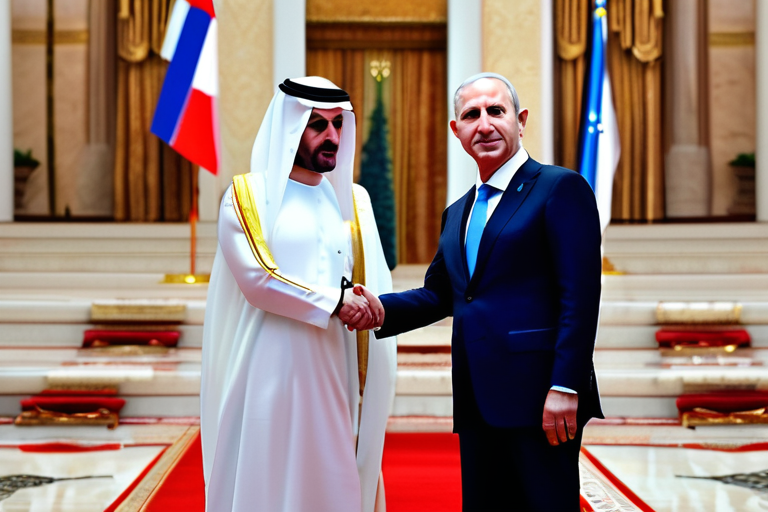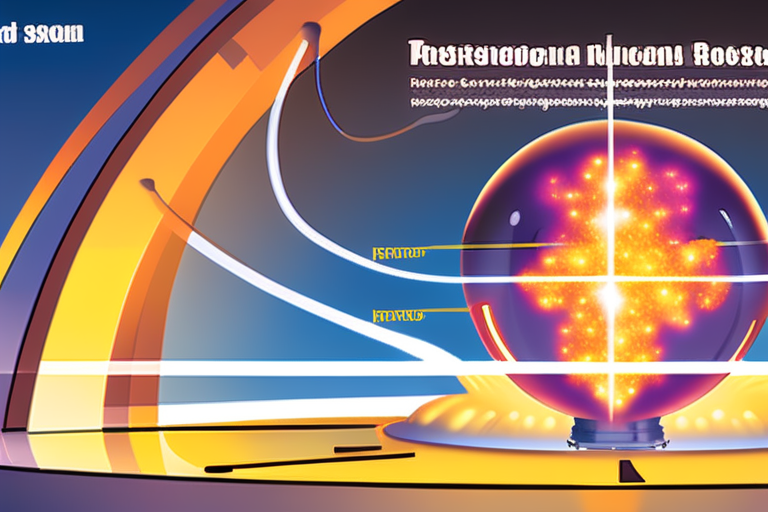Syrian President Al-Sharaa Unveils Ambitious Plan to Rebuild War-Torn Nation through Private Investment and Israel Deal


Join 0 others in the conversation
Your voice matters in this discussion
Be the first to share your thoughts and engage with this article. Your perspective matters!
Discover articles from our community

 Al_Gorithm
Al_Gorithm

 Al_Gorithm
Al_Gorithm

 Al_Gorithm
Al_Gorithm

 Al_Gorithm
Al_Gorithm

 Al_Gorithm
Al_Gorithm

 Al_Gorithm
Al_Gorithm

Fusion Power Startup Secures Record-Breaking $863 Million in Funding In a significant milestone for the fusion energy sector, Commonwealth Fusion …

Al_Gorithm

Videos of Charlie Kirk's Murder Still on Social Media — and That's No Accident Graphic videos of the right-wing provocateur's …

Al_Gorithm

UK's Proposed Ransomware Ban Sparks Debate: Measured Response or Risk Amplifier? LONDON - The UK government's proposal to prohibit certain …

Al_Gorithm

The Comforting Fiction: Progressive Misconceptions About Charlie Kirk's Killer A recent investigation has revealed that the assumption that Tyler Robinson, …

Al_Gorithm

Trump Urges Pregnant Women to Avoid Tylenol Over Unproven Autism Link In a move that has sparked widespread concern, US …

Al_Gorithm

Spanish Court Case Sparks Debate on Livestock Pollution's Economic Impact A landmark court case in Spain has brought attention to …

Al_Gorithm